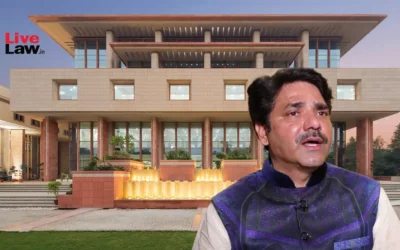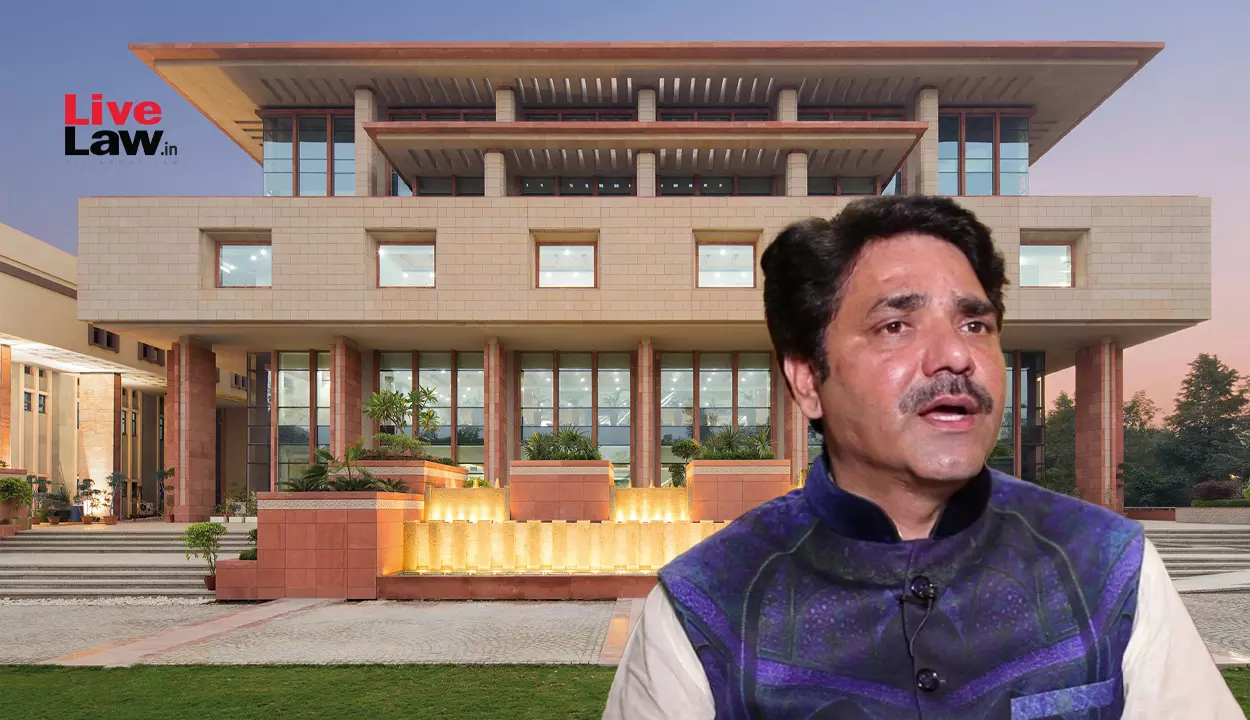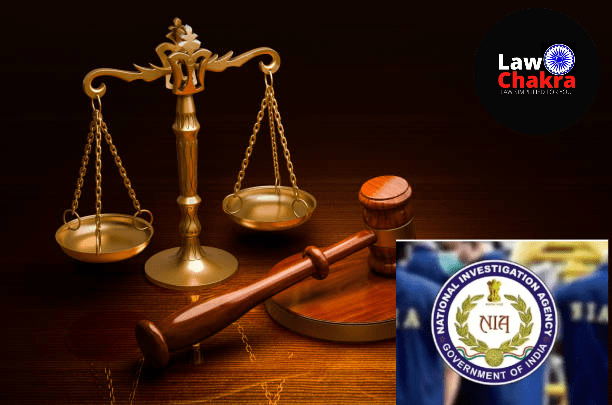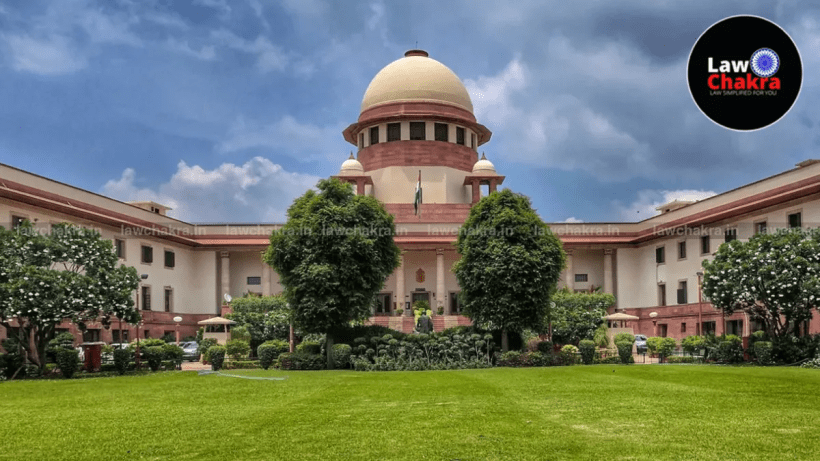Orissa High Court Rejects Senior IAS Officer’s Plea To Quash CBI Investigation In Graft Case
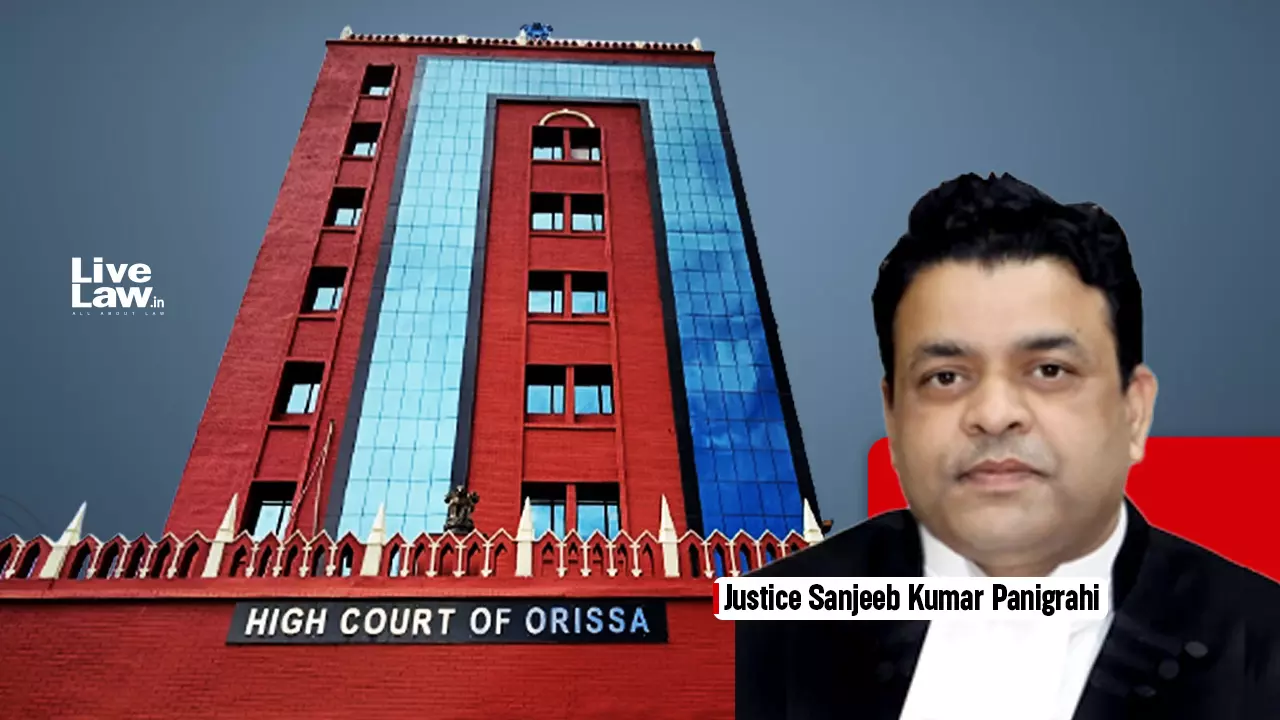
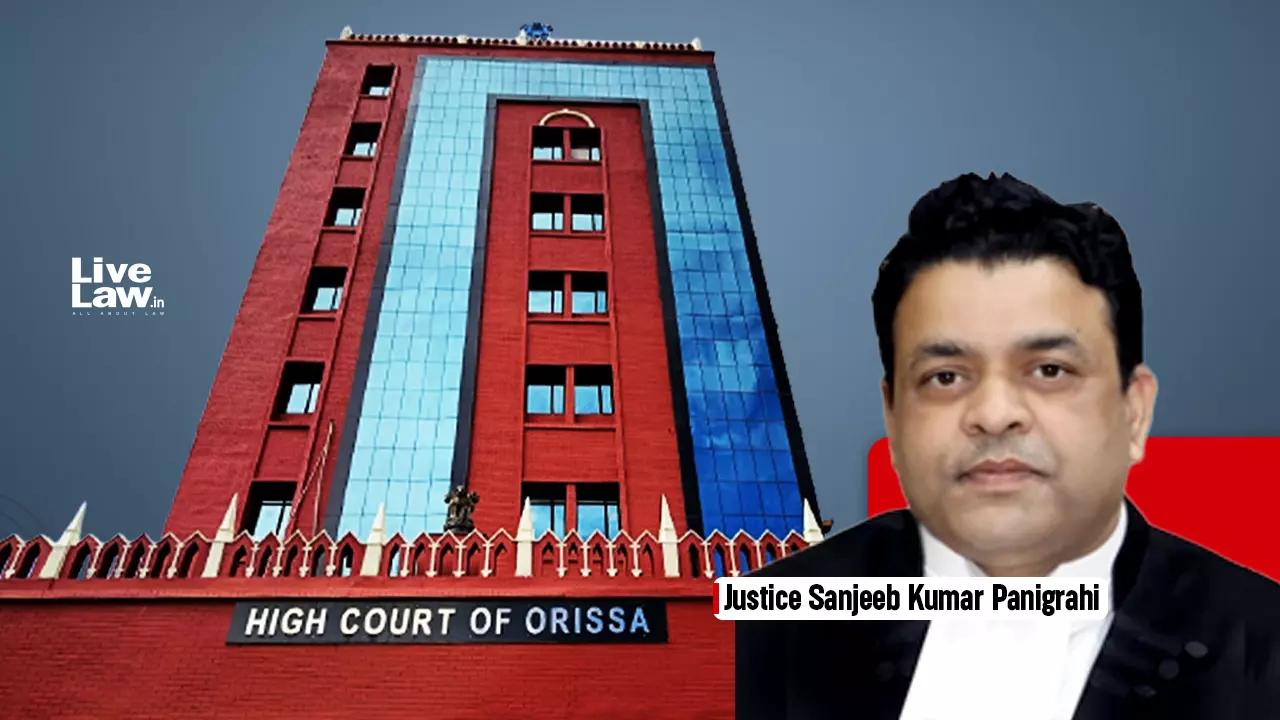
The Orissa High Court has dismissed a writ petition filed by Bishnupada Sethi, a senior IAS officer, seeking to quash the ongoing CBI investigation against him relating to a corruption case.
The Bench of Dr. Justice Sanjeeb Kumar Panigrahi rebuked the senior administrator for trying to circumvent the regular procedures of law, and observed –
“What is troubling is the unmistakable impression that the petitioner believes his administrative standing entitles him to bypass the ordinary route. Courts do not, and must not, create separate lanes for those in high office who feel inconvenienced by being subject to the same law as everyone else.”
Case Background
An FIR was registered by the CBI under Section 61(2) of the Bharatiya Nyaya Sanhita (BNS) and Sections 7, 8, 9, and 10 of the Prevention of Corruption Act alleging that one Chanchal Mukherjee (Group General Manager, Bridge & Roof Co. Ltd., a CPSU) demanded rupees ten lakhs from Santosh Moharana (Director, M/s Penta A Studio Pvt. Ltd.) as bribe for clearing project bills and taking forward the contract work.
The CBI laid a trap on 07.12.2024 which resulted in recovery of cash from one Debadutta Mohapatra who allegedly got the amount from Mukherjee after the latter received the bribe amount. Investigation revealed that prior to the trap, Bishnupada Sethi (Petitioner No.1) had met Mukherjee regarding a ₹50 crore project under the SC/ST Department.
It also came to light that Mahima Sethi (Petitioner No. 3), daughter of the IAS officer, had earlier received expensive items from Debadutta Mohapatra. Accordingly, the CBI conducted searches at the official residence of the first petitioner and at the college hostel of his daughter, purportedly under judicial warrant.
Certain devices were seized and it was also alleged that two lockers were accessed shortly before CBI could intervene and were discovered empty. The CBI complained that the petitioner and his wife did not cooperate in the search and abstained from providing passcodes of devices.
The petitioners were aggrieved by the searches and conduct of the CBI team which they claimed to have violated their privacy, dignity and reputation. They further labelled actions of the investigating agency as harassment and alleged that procedural safeguards were not followed and personal items were unlawfully seized. Hence, they knocked the portals of the Court through this writ petition challenging the continuance of the extant probe.
Courts can’t micro-manage investigations
At the very outset, Justice Panigrahi spelt out the limited power of the High Court to stall an ongoing criminal investigation, especially under the extra-ordinary writ jurisdiction. The ruling of the Supreme Court in State of West Bengal v. Swapan Kumar Guha (1982) was banked upon to hold that interdicting CBI’s investigation at the nascent stage would set a “dangerous precedent”.
“…there is no showing that the CBI’s investigation is transgressing any legal provision; hence this Court must not micromanage or prematurely halt it. Investigative agencies must be allowed the operational freedom to pursue leads and uncover facts, especially in matters involving serious economic offences and corruption,” he added.
No ‘separate lane’ for high-office holders
The Court discouraged the petitioners’ choice of litigation. It was astonished that they, instead of resorting to remedies available under the criminal law, chose to directly seek recourse under the constitutional/writ jurisdiction of the High Court. The Bench reprimanded the IAS officer for believing that his administrative stature can aid him to procure judicial relief by bypassing the ‘ordinary route’.
In this case, the Court said, no exceptional circumstances have been demonstrated to justify this Court’s interference. The petition disclosed no prima facie breach of fundamental rights, nor any denial of natural justice.
“When individuals occupying high public office invoke it prematurely to stall an ongoing corruption probe, the integrity of legal institutions stands compromised. The petitioners have neither shown that the FIR fails to disclose an offence, nor pointed to any legal infirmity such as absence of sanction or procedural nullity that would render the investigation void ab initio. Their grievances, relating to privacy, dignity, or alleged harassment, are matters that may be examined at the appropriate stage on a developed evidentiary record,” it held.
Higher the stature, greater the responsibility
The Bench opined corruption by public servant as ‘scourge’ which undermines the rule of law and public faith in the system.
“There is an overwhelming public interest in ensuring that such allegations are thoroughly investigated and, if proven, that guilty are brought to justice. Petitioner No.1’s status as a senior officer does not entitle him to special treatment that places him above the law. On the contrary, higher the office, greater the responsibility to submit to legal scrutiny when credible accusations are made.”
Ill-advised forum-shopping
Before concluding the judgment, Justice Panigrahi termed the entire exercise as an “ill-advised litigation” which caused diversion of precious judicial time of a Constitutional Court. The Judge also criticised the senior bureaucrat for impatiently rushing to the Court at the stage of investigation.
“As a senior IAS officer, Petitioner No.1 is expected to set a high example in upholding the law. The Court is constrained to note its disapproval of the petitioner’s attempt to invoke the extraordinary writ jurisdiction in the midst of an investigation, without exhausting the ordinary processes provided under law. Such attempts smack of forum-shopping and an impatience with the ordinary course of justice.”
Resultantly, the writ petition was dismissed and the interim protection granted in favour of the petitioners was vacated. The CBI was given liberty to proceed with the investigation in tandem with compliance of the mandates of law.
Case Title: Bishnupada Sethi & Ors. v. Central Bureau of Investigation (CBI), New Delhi & Ors.
Case No: W.P.(C) No. 5905 of 2025
Date of Judgment: June 20, 2025
Counsel for the Petitioners: Mr. Devashis Panda, Advocate along with associates
Counsel for the Respondent: Mr. Sarthak Nayak, Special Public Prosecutor (CBI)
Citation: 2025 LiveLaw (Ori) 80

